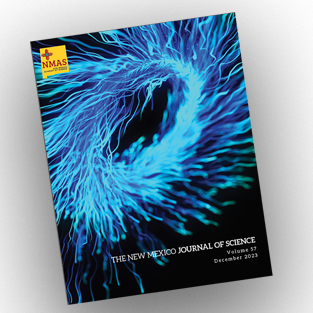NEWS
New Mexicans Weigh In on the State’s Energy Future

A recent survey conducted by economic researchers at the University of New Mexico revealed that New Mexicans prefer an energy future that both increases the number of energy jobs and diversifies energy sources. A majority of respondents indicated they were willing to pay more for energy that increases jobs, and 73% of respondents also support the addition of more renewable energy in the state. The survey found respondents living in counties with heavy fossil fuel extraction are willing to energy policy that increases reliance on renewable energy, but also increases jobs.
The research team was led by Dr. Janie Chermak and Dr. Jennifer Thacher of UNM’s Department of Economics, and assisted by PhD student Kara Walter. The study was supported by NM EPSCoR and sampled 1,900 New Mexico residents across the state. The survey included questions about preferences regarding energy sources, such as renewable sources and extraction methods, as well as environmental and economic concerns.
Other findings include: support for renewable energy was not necessarily dependent on political affiliation; a majority of respondents support natural gas extraction for electricity production; and respondents were more supportive of increasing coal efficiency than decreasing reliance on coal. Human-driven climate change was also acknowledged by over 70% of respondents.
This research suggests public support for a New Mexico energy policy will require a plan that pursues a diversity of energy sources and emphasizes economic impact, particularly the potential of different energy sources to increase jobs. The findings are under review for publication in the journal Energy Policy. Dr. Chermak is the co-lead for the Energize New Mexico Social & Natural Science Nexus component, and will be part of a cutting-edge multidisciplinary model that links natural and human systems to better understand the trade-offs that occur between different energy and economic development choices while considering the potential for sustainable socio-economics, environment, and water use.

